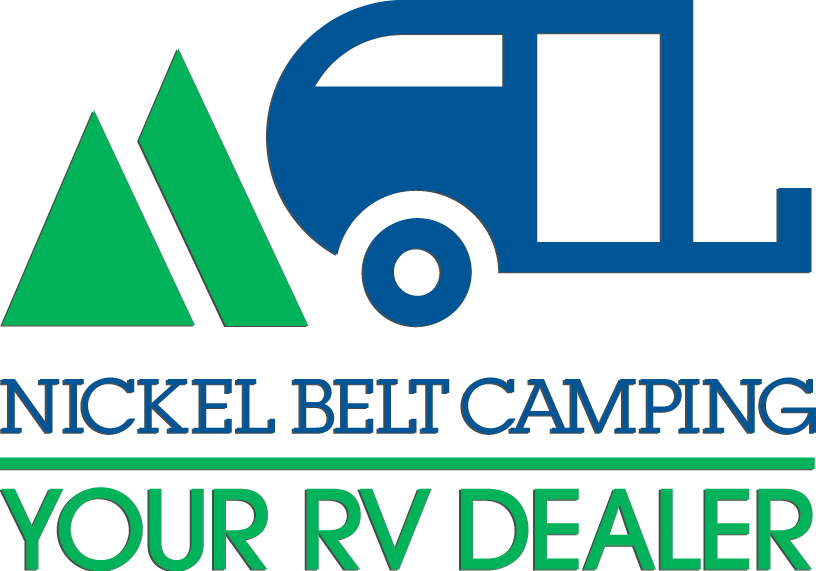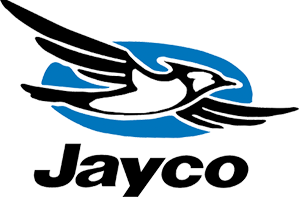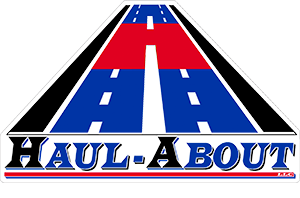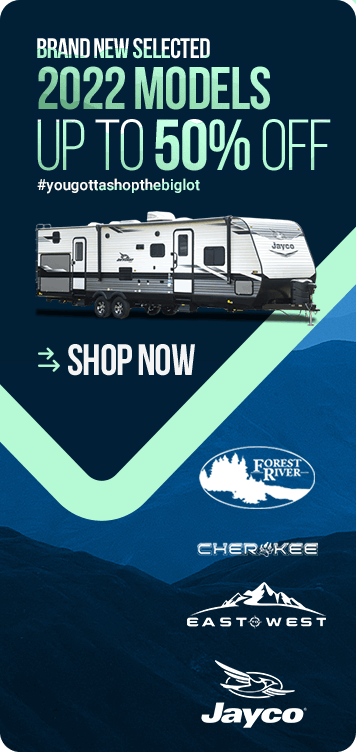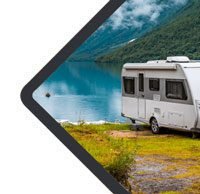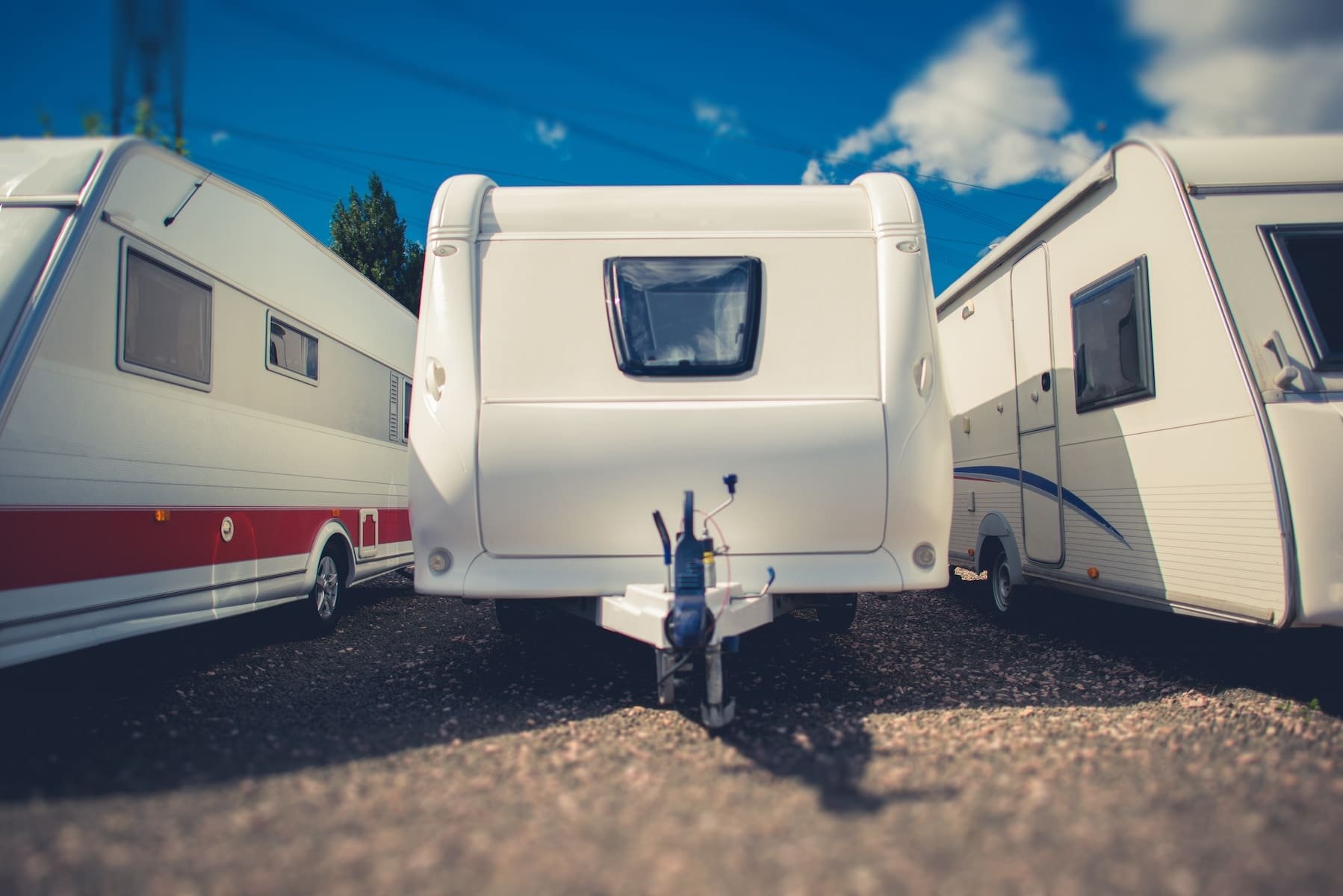So you’ve seen the videos, read the Facebook posts and have talked to friends (and, of course, the friends of friends) who have already taken the plunge and you’re pumped. You’ve decided you want to experience the RV adventure.
Now what?
Do some homework
There’s no denying that purchasing an RV is a sizeable investment and just to be clear, for the sake of brevity, when we speak of RV’s, we’re talking about the entire spectrum of motorized RV’s and travel trailers. Click here to view a list of the different classes of vehicles and descriptions.
Consider renting
Renting a vehicle is another way of getting acquainted with the lifestyle and the various choices of vehicles without making a substantial financial commitment. See more about that here.
Pros & Cons
Now that you’ve done your homework and are ready to purchase, the obvious next question: new or pre-owned?
Without a doubt, you can potentially save thousands by purchasing a pre-owned vehicle; however, you probably won’t be able to put your wallet back in your pocket quite yet. At some point, if not immediately after taking possession, there will be maintenance issues to address.
Keep in mind that the average lifespan of an RV is 10 years, but that can easily be doubled with proper maintenance. You’ll want to pay particular attention to the roof and plumbing. Water damage can be very costly to repair.
Two things that might require immediate attention are the battery and mattress. RV Care Traveler’s Choice has a selection of premium batteries for dependable power when you need it and premium mattresses for a great night’s sleep.
Shop now
Of course, if you purchase your vehicle from a dealer, you will likely receive an accurate assessment on its condition and what to expect in terms of short, mid and long term expenses. If you are purchasing a pre-owned unit from an RV Care dealer, inquire about service protection plans.
Customer Care Promises
Not all dealers are equally scrupulous in their inspection process and it’s certainly “buyer beware” when buying from an individual, but if you buy from an RV Care dealer, you get the extra peace of mind with their Customer Care Promises.
Learn more
In broad strokes, these are the pros and cons of purchasing a pre-owned or new RV.
- Big savings in the purchase price Someone else used it
- Great for do-it-yourselfers Hidden maintenance issues
- Cheaper to insure Limited selection
- Pros of buying new Cons
- Latest technology High price tag
- No maintenance issues Significant depreciation (20% right off the lot, over 30% after 5 years)
- Warranty* High insurance costs
- RV Traveler’s Choice offers an extended warranty program for pre-owned travel trailers (not motorized units). Click here to learn more.
Use a Checklist to guide your shopping journey
If after weighing the pros and cons of each option, pre-owned is the way to go for you, use this checklist to help you make the right selection according to your needs and budget.
1. Define Your Needs
Consider factors like the number of people it should accommodate, your travel destinations, and the amenities you desire.
2. Set a Budget
Establish a realistic budget that not only covers the purchase price but also includes potential maintenance and upgrade costs. Factor in insurance, registration fees, and any necessary repairs or improvements.
3. Research RV Types
Understand the different types of RVs available. Each type has its own set of advantages and disadvantages, so choose one that aligns with your preferences and travel style.
4. Inspect the Exterior
Look for signs of water damage, such as soft spots, discoloration, or bubbling on the walls. Check the roof for any leaks, and inspect the windows, doors, and seals for proper sealing and functionality.
5. Check the Mechanical Systems
Inspect the engine, transmission, and other mechanical components. Ensure that the brakes, tires, and suspension are in good condition. Request maintenance records to get an understanding of the RV’s history and any major repairs or upgrades performed.
6. Assess the Interior
Examine the interior for signs of wear and tear. Pay attention to the flooring, walls, and ceiling. Check the appliances, plumbing, and electrical systems. Test all lights, switches, and outlets to ensure they are in working order.
7. Evaluate the Appliances
RVs come equipped with some appliances, like refrigerators, stoves, and heating/cooling systems. Verify that they are in good working condition. Check for rust or corrosion, and test to ensure they are functioning properly.
8. Look for Signs of Water Damage
Water damage is a common issue in RVs, and it can lead to serious problems if not addressed promptly. Inspect the ceiling, walls, and floors for any stains, soft spots, or mold. Check around windows, doors, and seams for signs of leaks.
9. Inspect the Plumbing
Run water through all faucets, sinks, and showers to check for leaks. Test the water pump, water heater, and sewage systems. Ensure that the plumbing is functioning properly, and that there aren’t any unpleasant odours.
10. Consider the RV’s Age and Mileage
While age and mileage are not the sole indicators of an RV’s condition, they can provide insights into potential future maintenance needs. A well-maintained older RV may be a better investment than a newer one with a high mileage and poor maintenance history.
11. Negotiate and Get a Professional Inspection
As a general rule, don’t hesitate to negotiate the price, but before closing on any deal, we recommend you get a professional opinion from a qualified RV inspector. Their expertise can uncover hidden issues that might go unnoticed to the untrained eye.
12. Finalize the Paperwork
Once you’ve agreed on a price and completed the inspection, finalize the paperwork. Ensure all necessary documents, including the title, registration, and maintenance records, are in order. Be wary of any discrepancies or missing information.
If you thought shopping for an RV would be an adventure in itself, well, you were probably right, but doing the research and being methodical in the selection process will pay you back in big dividends of fewer headaches, ruined trips and extra unforeseen costs.
